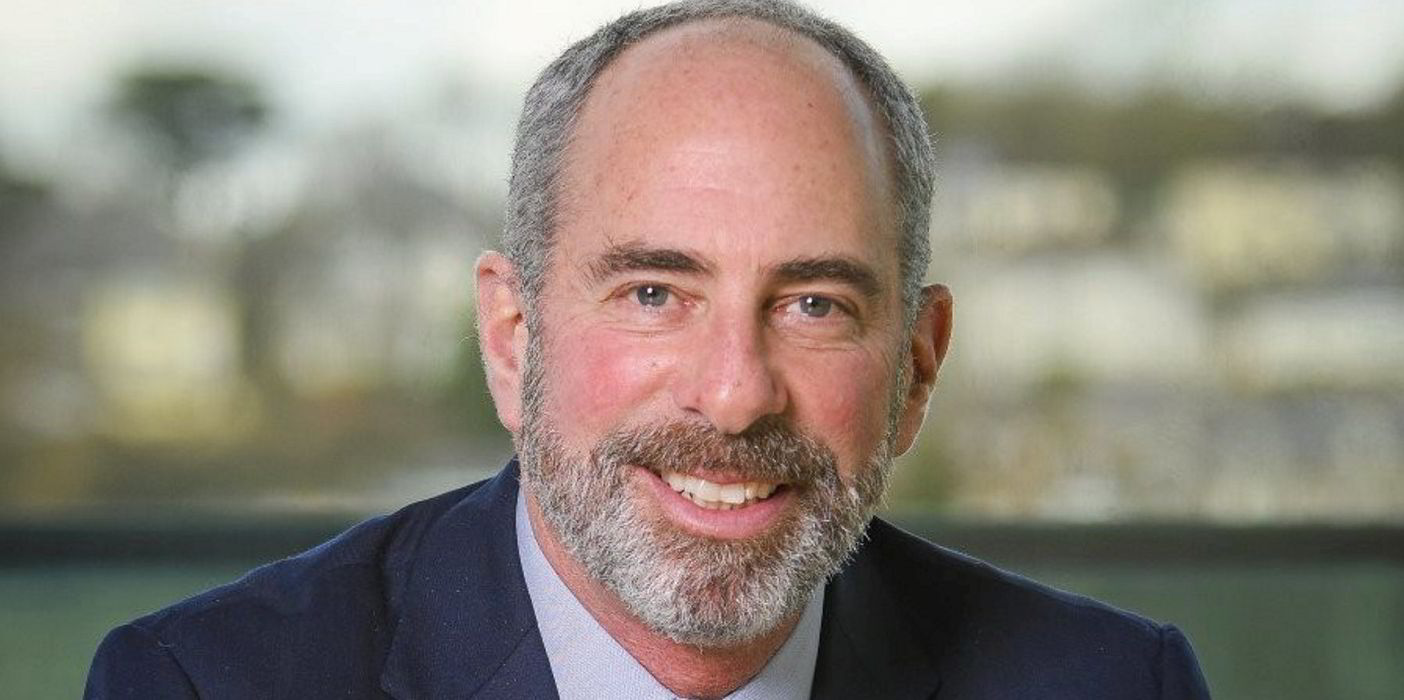Tucked away out of the spotlight in the Irish city of Cork, Tony Gurnee’s Ardmore Shipping isn’t the biggest or flashiest of public shipowners.
But investors did make its stock shipping’s best performer of 2022 in a year that was dominated — at last — by a resurgence of the tanker market and its publicly listed companies.
As a Streetwise review in tandem with US investment bank Jefferies shows, tankers won the year, particularly in the clean product sector.

Ardmore just edged out product tanker giant Scorpio Tankers for the top rung, gaining 326% to Scorpio’s 320% on the year. Emanuele Lauro-led Scorpio had led the tables for most of the year.
“When you look at the tankers’ performance, it’s similar to container ships the year before,” said Jefferies lead shipping analyst Omar Nokta.
“I think 2022 was all about the excitement over the new tanker dynamics. People had been bullish about tankers coming into 2021, but the recovery took a lot longer than they’d anticipated. There was a substantial move up, albeit in some cases from anaemic levels.”
Tanker owners on the whole gained an average of 131% on the year. But there was a pecking order within the group.
The two pure product owners under Jefferies’ coverage gained an average 323%. Owners of fleets split between crude and clean tonnage climbed an average 156%, while pure crude operators rose by 79%.
“The product companies were in a tougher spot financially entering the year,” Nokta said. “Crude owners had a bit more financial ammunition and balance-sheet strength, while product companies were in a lower place.”
But especially after Vladimir Putin’s invasion of Ukraine in February, clean owners were better positioned across the board to take advantage of market disruption, leading rates to follow. Investors also recognised that tight refining capacity was a major catalyst.
“Crude took a few more months for the market to get going,” Nokta said.
Streetwise asked Jefferies to look at raw share performance and returns with shareholder dividends factored in.
While the payouts did not make a big difference in tankers — yet — they played a significant role in outcomes for dry bulk owners, most of which had initiated substantial returns in their banner 2021 recovery year.
To this point, only two of the six dry bulk owners under Jefferies’ coverage — Eagle Bulk Shipping (9.8%) and Diana Shipping (0.26%) — showed raw gains in share price.
But throw dividends into the mix and five of the six lodged gains: Eagle 27%, Diana 23%, Golden Ocean Group 18.7%, Star Bulk 13.5% and Genco Shipping & Trading 13.1%.
Only Greek owner Safe Bulkers lost ground, dropping 22.8% in share price and 17.5% with dividends considered.
“When you think about it, dry bulk wasn’t all that bad,” Nokta said. “Many people view 2022 as a disappointment, especially in the second half. But the money is a bit stickier than we’ve seen over the last 10 years. The stocks performed much better than they would have historically.”
Investor interest in the sector is much stronger than only five years ago, when “it was really hard to convince people to look at dry bulk”.
An inflection point came in early 2021 when prospective shareholders began to understand that an investment in dry owners was not necessarily synonymous with a bet on China.
That year’s strong market, based on the global economy, even with China stalled, opened eyes to a “decoupling” of the two, Nokta said.
The downside
It should be of little surprise that the year’s losers were container ship owners, which essentially had printed money for the previous two years. No shipping stock fared worse than Zim, with a 71% drop, followed by Danaos, down 29%, and Global Ship Lease, down 27%.
“It wasn’t a good year, but if you did a 730-day look at containers, it would still look amazing,” Nokta said.

Strong balance sheets from the high times provide confidence that the downturn is survivable, even with contract renegotiations by liner companies probably looming, he said.
“Still, it’s all about cost controls and preserving liquidity. We’re no longer in a good container ship market, it’s a bad one.”
2023 forecast
So with 2022 in the books, where would his money be going in 2023?
Dry bulk is the top pick. Even if the sector’s turning point involved decoupling the stocks from a China play, it is a potential recoupling that could be a strong catalyst here.
“I’m pretty positive for the year. The ingredients are there for a nice recovery, and it could be more sustained than in the past,” Nokta said.
“Dry bulk looks exciting. We think the Chinese economy opening up [following Covid shutdowns] will have a positive impact. It doesn’t take much, and China has largely been absent from the growth side of things in recent years.
“China’s return to the iron ore market will have a huge impact on capesize demand, and easing relations with Australia will also be a plus.”
The analyst sees a “solid” year in store for product and crude tankers. While he agrees that the “easy money” already has been made on tankers, “there’s quite a bit of room to grow” in the next 12 months.
One perhaps overlooked element has been tanker companies’ diligence in improving their balance sheets. This in turn should lead to larger dividends and more investor rewards.
“These balance sheets are completely undone in a good way,” Nokta said, noting that the group had an average 50% leverage heading into 2022 that has shrunk to around 20% today.
“That’s a game-changer in free cash available. Investors are in a good situation. The sector still looks strong and the dividends are set to be quite a bit bigger than we’ve seen in the past.”
More ship finance news
Even before Monday’s announcement that John Fredriksen was walking away from an attempted merger between his Frontline and tanker giant Euronav, some were already souring on the deal. Click here to read.
Investors who have downed VLCC shares as a result of the recent rates pullback are making a mistake if they extend that logic to the clean tanker sector, a leading product carrier owner told an online forum. Click here to read.
DHT Holdings has sealed a new $305m refinancing deal at a lower interest rate. The New York-listed tanker owner said the six-year credit facility is secured on 10 of its VLCCs. Click here to read.




